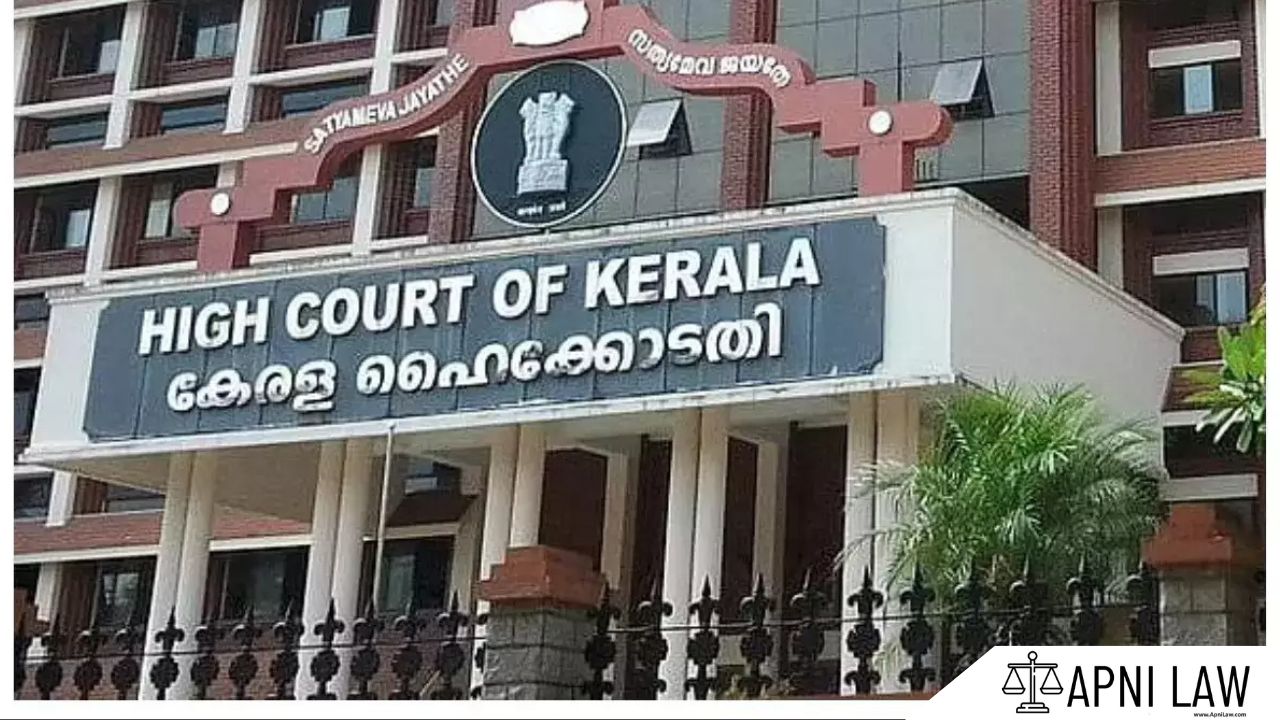Code
Section 326 BNS
Mischiy, Inundation, Fire, or Explosive Substance
Whoever commits mischief by,—
(a) doing any act which causes, or which he knows to be likely to cause, a
diminution of the supply of water for agricultural purposes, or for food or drink for
human beings or for animals which are property, or for cleanliness or for carrying on
any manufacture, shall be punished with imprisonment of either description for a term
which may extend to five years, or with fine, or with both;
(b) doing any act which renders or which he knows to be likely to render any
public road, bridge, navigable river or navigable channel, natural or artificial, impassable
or less safe for travelling or conveying property, shall be punished with imprisonment
of either description for a term which may extend to five years, or with fine, or with
both;
(c) doing any act which causes or which he knows to be likely to cause an
inundation or an obstruction to any public drainage attended with injury or damage,
shall be punished with imprisonment of either description for a term which may extend
to five years, or with fine, or with both;
(d) destroying or moving any sign or signal used for navigation of rail, aircraft
or ship or other thing placed as a guide for navigators, or by any act which renders any
such sign or signal less useful as a guide for navigators, shall be punished with
imprisonment of either description for a term which may extend to seven years, or with
fine, or with both;
(e) destroying or moving any land-mark fixed by the authority of a public servant,
or by any act which renders such land-mark less useful as such, shall be punished with
imprisonment of either description for a term which may extend to one year, or with
fine, or with both;
(f) fire or any explosive substance intending to cause, or knowing it to be likely
that he will thereby cause, damage to any property including agricultural produce,
shall be punished with imprisonment of either description for a term which may extend
to seven years, and shall also be liable to fine;
(g) fire or any explosive substance, intending to cause, or knowing it to be likely
that he will thereby cause, the destruction of any building which is ordinarily used as
a place of worship or as a human dwelling or as a place for the custody of property,
shall be punished with imprisonment for life, or with imprisonment of either description
for a term which may extend to ten years, and shall also be liable to fine.
Explanation of Section 326 BNS
Section 326 of the BNS deals with mischief involving serious harm, such as damage to property, public infrastructure, and natural resources. This section lays out various types of mischief and prescribes punishments based on the severity of the offense.
- Mischief Involving Public Resources: Acts that cause harm to the public’s water supply, roads, drainage systems, and navigational aids.
- Destruction of Property: Damage to landmarks, public buildings, or any property that can endanger human life or public safety.
- Use of Fire or Explosives: Intentional use of fire or explosives to cause damage, with harsher punishments if it affects places of worship, dwellings, or storage facilities.
Illustration
Example 1: Damage to Public Water Supply
A person deliberately contaminates a public water supply used for agriculture, causing loss of crops. Under Section 326(a), this person can face imprisonment up to five years, a fine, or both.
Example 2: Obstruction to a Navigable Channel
An individual dumps debris into a navigable river, making it unsafe for boats. This offense falls under Section 326(b), punishable by up to five years of imprisonment, a fine, or both.
Example 3: Destruction of a Place of Worship
If someone sets fire to a temple intending to cause destruction, this act comes under Section 326(g), with a punishment of life imprisonment or up to ten years, along with a fine.
Common Questions and Answers on Section 326 BNS
1. What types of mischief does Section 326 cover?
Answer: It covers mischief related to public resources (water, roads, drainage), damage to property, and the use of fire or explosives to cause harm.
2. What is the punishment for causing damage to a public road?
Answer: Under Section 326(b), the punishment can be up to five years of imprisonment, a fine, or both.
3. Is there a harsher penalty for damaging places of worship?
Answer: Yes, Section 326(g) prescribes life imprisonment or up to ten years for destruction of places of worship, along with a fine.
4. Can an individual be fined without imprisonment under this section?
Answer: Yes, depending on the offense, the court can impose either imprisonment, a fine, or both.
Conclusion
Section 326 BNS is a vital part of the law that ensures public safety and the protection of essential infrastructure. It covers a broad range of offenses, from damaging public resources to causing destruction with fire or explosives. The section provides clear guidelines for punishment, maintaining both deterrence and justice.











